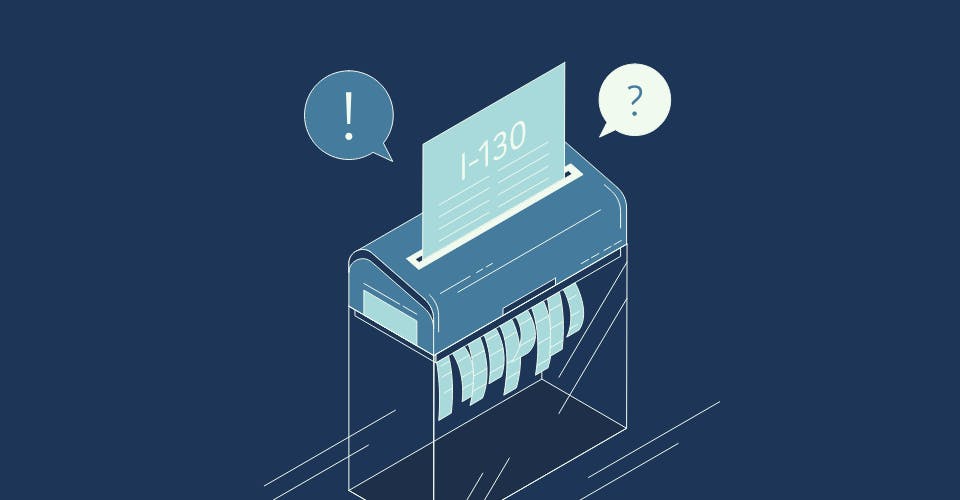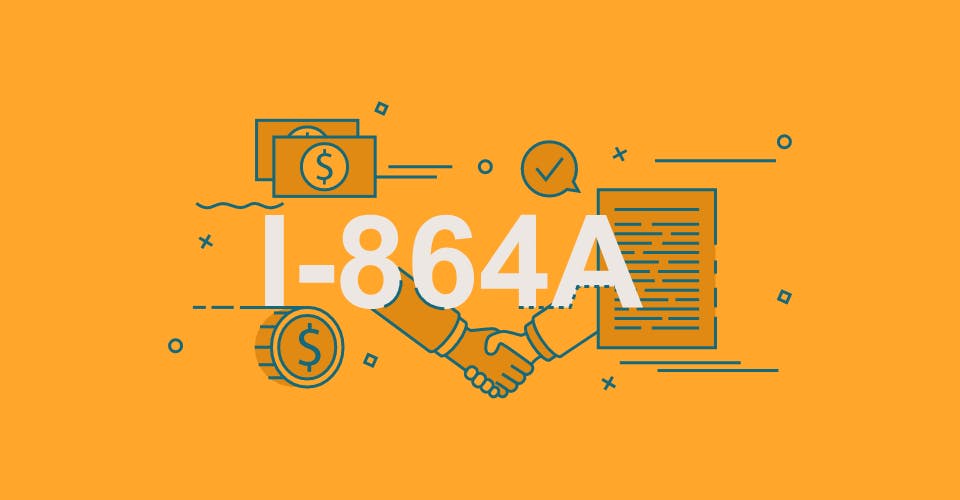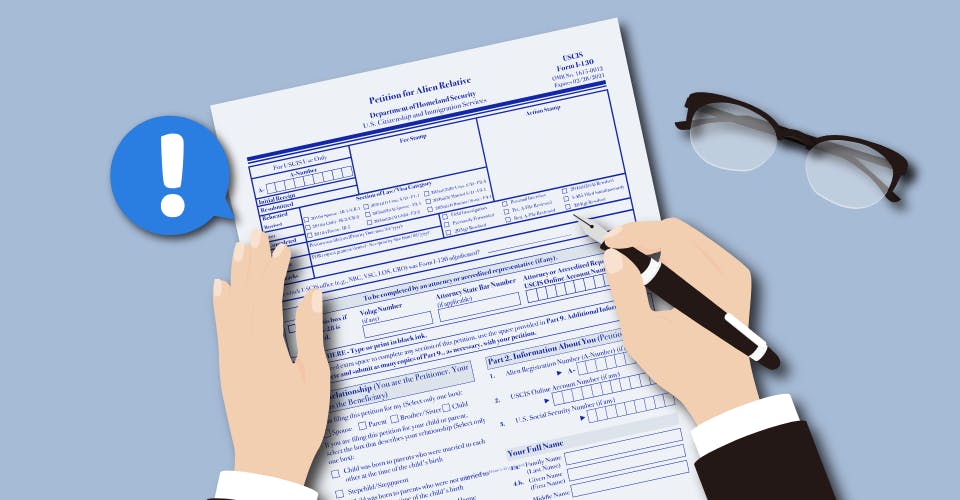When applicants first open up a new I-130 application online, the form looks much less daunting than many of the other USCIS documentation that is used for immigration. Overall, the form is only 12 pages long, and does not ask nearly as many questions as say the N-400 does. In this way, applicants need to extra careful because they may discount their experience in filing their I-130, thinking that it will be a guaranteed acceptance.
In many cases, the I-130 is actually denied to applicants and their spouses, creating a situation where one is then not able to advance in other application processes, such as filing the I-485 Adjustment of Status.
Some of the top reasons why an I-130 application is denied include the following:
- Inconsistent answers provided on the form regarding the residence history of one of the spouses.
- Getting tripped up by simple questions during the interview segment. If one partner gives a clear answer, and the other responds in a different manner, it might signal to a USCIS official that the marriage is a fraud.
- Conflicting records on online social media accounts. For example, a case has been denied when an individual who was being petitioned on behalf of left their Facebook profile relationship status as “Single”.
- Spouses are in the middle of breaking up during the I-130 interview.
- In the case of family-based petitions, there is often a recurring problem where family members do not pay the USCIS fee when petitioning on behalf of another family member.
What to do if a case is denied
For the above-mentioned problems that couples or family members might run into when filing their I-130, it is important to first and foremost make a Checklist of Required Evidence before submitting one's form. Making such a checklist and spending the extra time to do some detective work into one's own case can save a family time, money, and frustration with the courts.
However, if a case is denied, there are two different routes that individuals can take:
1) is to appeal your case to a higher immigration court, and
2) is simply to do nothing and start the process over again—to accept that your petition was not legitimate in the first place.
It is important to know, however, that USCIS does not deny your case immediately. Rather, the government issues a Notice Of Intent To Deny (NOID). This provides the U.S. citizen spouse an opportunity to respond before a final decision is rendered. This is when couples or family members make their case and decide how they want to proceed or if they want to call it quits.
In the NOID, the government lays out their concerns about why they cannot approve the petition. The rely is due in 30 days.
For those that are thinking about possibly appealing their case, they should understand that the judicial process in the U.S., especially during the pandemic, could result in longer than usual wait times to hear one's case. It will also be considerably expensive for immigrant families to hire lawyers. Such applicants should think about these factors, especially if they plan on filing other USCIS forms down the road. There is no one best route to take when it comes to this scenario, but understanding the pros and cons of each choice is highly valuable.














